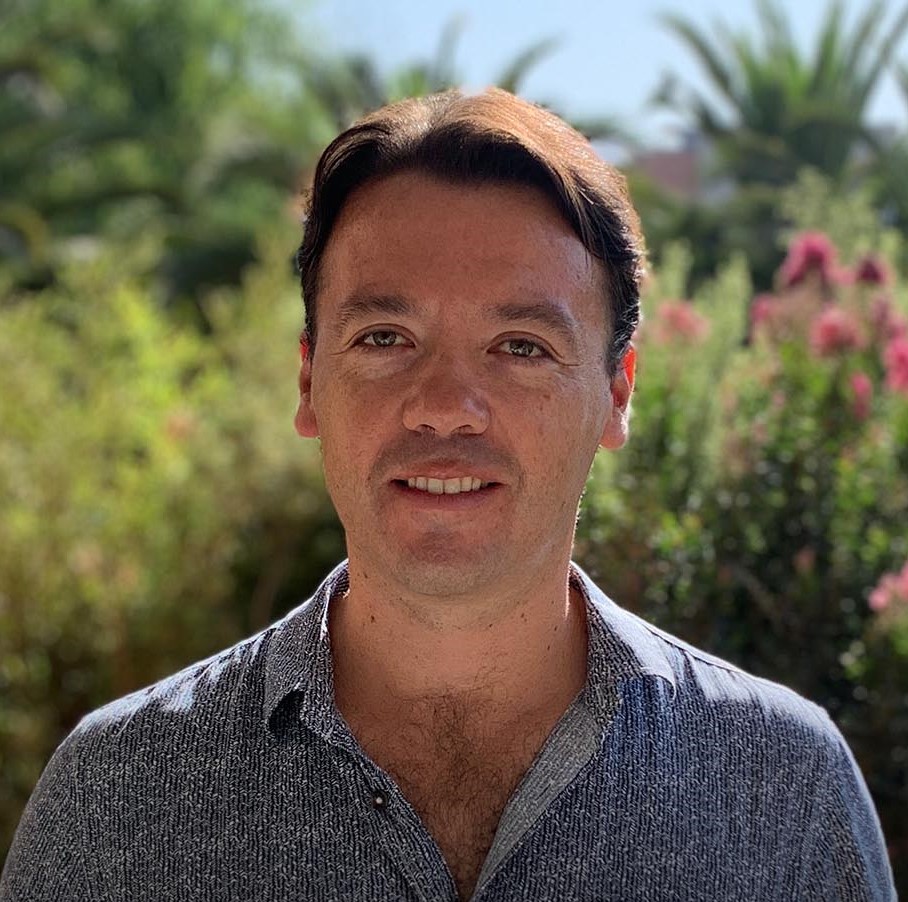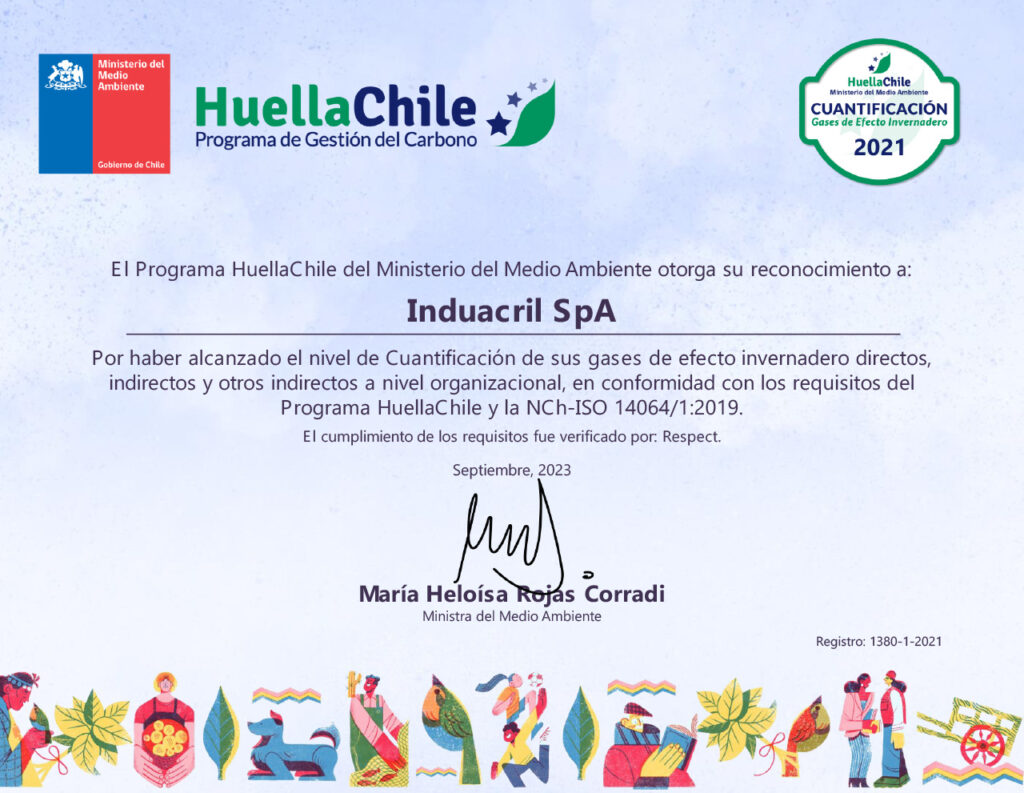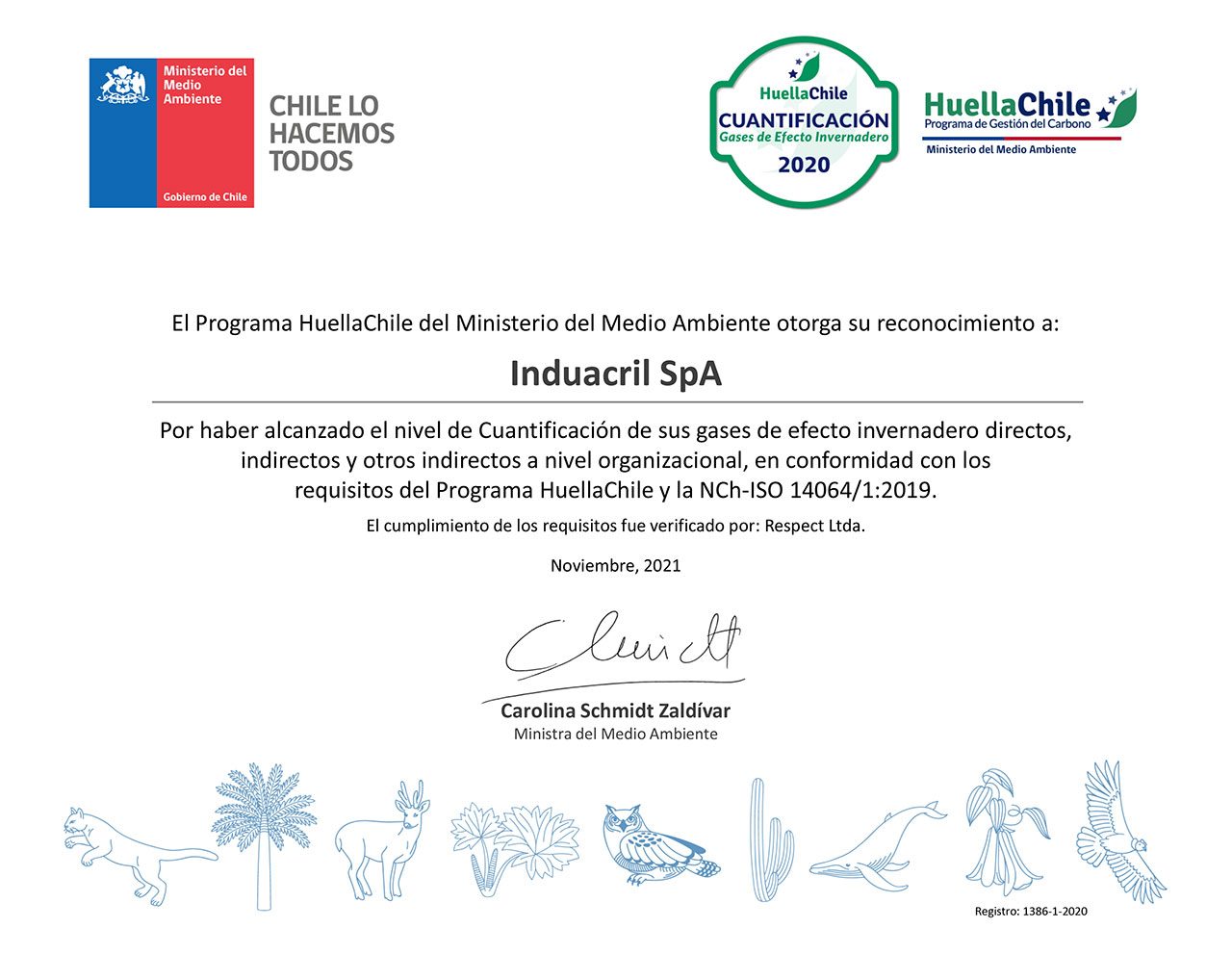
Photo by Bas Emmen on Unsplash
Sebastian Campos explains how he was able to leverage a change in the scrap industry to enter the sustainability market and increase company profits.
Induacril is a family company with 40 years of experience leading the acrylic industry in Chile. What began with a few signs and displays, rapidly grew into a company with one of the broadest portfolios of products in the sector. Induacril now offers polystyrene sheets for shower doors, ceiling light panels, polycarbonate sheets, acrylic tubes, and furniture.
Its main product, however, are acrylic sheets: a lightweight and shatter-resistant alternative to glass. These sheets can be used for anything from sanitary ware, automotive and transportation, signage and display, architecture, etc.
The acrylic industry is driven by several factors including excellent mechanical & chemical properties, versatility in a wide range of applications, and lightweight and low handling costs as compared to glass. In fact, a recent report noted that the worldwide acrylic sheet market size is expected to grow exponentially in the coming years. From $5.270 million USD in 2019 to $7.120 million USD by 2024, at a compounded annual growth rate (CAGR) of 5.2%, the market is on the rise.
But the aspect that sets Induacril apart from its competitors? Its commitment to the environment and sustainability. 100% of Induacril products are made from recycled material, most commonly known as scrap.
Capitalizing on Change
Sebastian Campos, Induacril Managing Director and second generation in the business, is in charge of finding the scrap suppliers for the company’s production. Up until recently, Asia was the world’s largest provider of scrap.
This changed in January 2018 when China, which had long been the world’s largest destination for paper, plastic, and other recyclables, phased in strengthened import restrictions. Between 1992 and the introduction of the ban, imports of plastic scrap to China accounted for 45 percent of the global plastic waste trade. In an effort to clean its environment and improve quality of life, the new restrictions put a tight constraint on the country’s scrap trading business.
Sensing a great opportunity, Campos jumped at the chance to find new suppliers in Europe and North America at greatly reduced costs.
“You’ve got to keep alert to every media publication, new legislation, and market reports. This is how you are aware of upcoming opportunities. Also, build a strong relationship with your suppliers and clients, they are a first-hand source.” says Campos.
Making sustainability your Business
The recent awakening of corporate responsibility in sustainability and climate change has only strengthened Induacril’s position. Global companies are now demanding that products come from a recycled source. Every sign or stand made from acrylic must come from scrap. As an industry pioneer, Induacril has the experience and ability to meet the growing demand. A factor which enables them to attract large scale global companies such as L’Oreal.
McKinsey & Company’s yearly survey also found a marked increase in company concern for sustainability. In previous years companies reported concern for maintaining a good reputation. Today, they are focused on integrating sustainability into their operations, production, and development. As producers continue to innovate, sustainable products decrease in cost. With these changes, it can now be financially beneficial to adopt sustainable practices.
As Campos says, “[The demand] will continue to increase. The real challenge is to find the biggest amount of scrap. We can clean it, recycle and produce in our factory in Chile, and supply the high demand”.
______________
Sebastian Campos is currently a member of Opportunity Network






